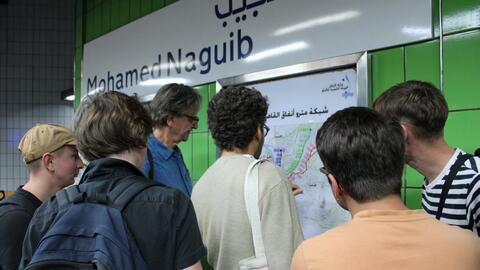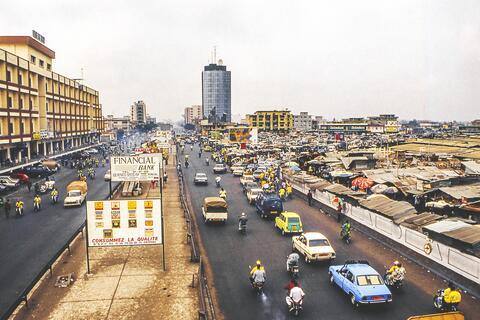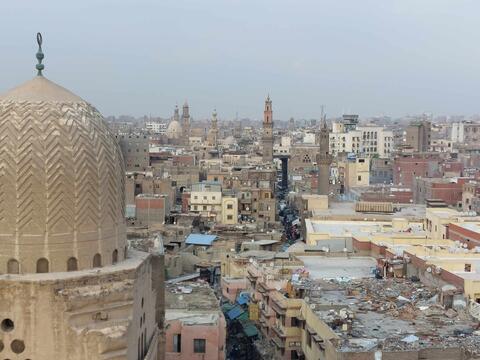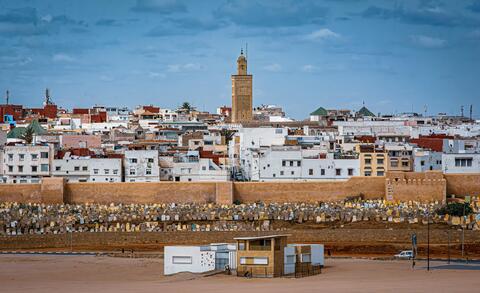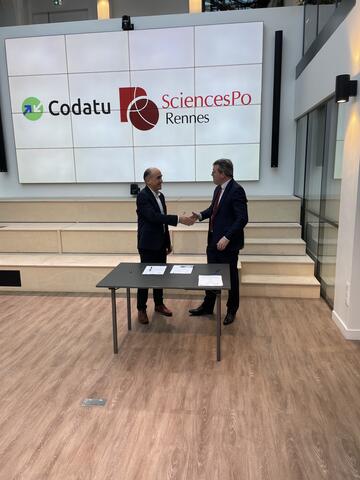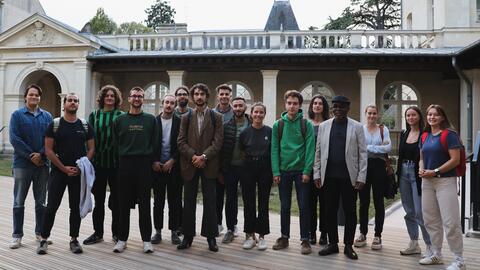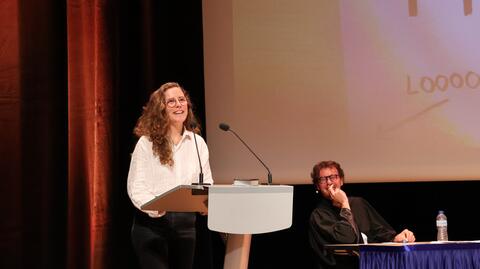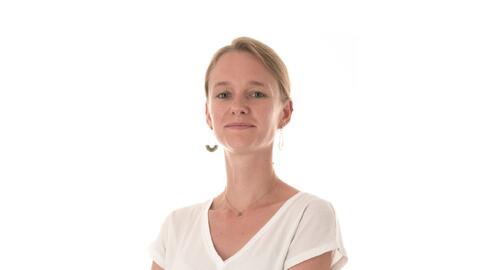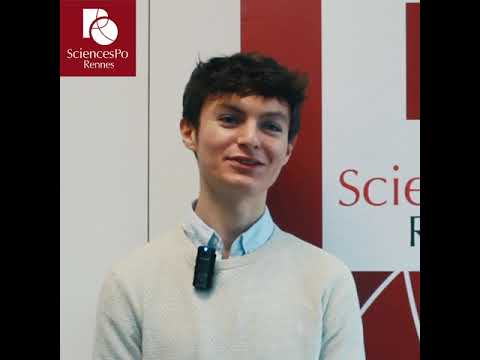Established in 2002, this Master prepares young professionals for the challenges of worldwide urbanization with a focus on the global south. It looks at regions and the lives of urban residents through the scope of water, sanitation, mobility, energy and solid waste services.

The Urban networked services engineering: cities in the making (ISUR-VED) program was inspired by the firm belief twenty years ago that services are key to the resilience of urban systems and to improving the living standards and prospects of hundreds of millions of city dwellers in emerging and developing countries and elsewhere.
It explores mobility in transportation, waste and other vital services such as water and sanitation and addresses cross-cutting aspects of smart and resilient cities through the lens of uninterrupted access to essential services.
Networked urban services are much more than technical products: they are the backbone of urban infrastructure, the flows and governance of which act as indicators of the economic, social and environmental dynamics that in turn reflect and shape the sustainable development of cities.
Program highlights and objectives:
- Graduates are equipped to mobilize urban services as a springboard for resilience in cities and regions
- Multidisciplinary learning based on the social sciences and engineering in urban services
- A cross-cutting approach to services: public policy for mobility, water, sanitation, waste management, energy and digital services
- An international scope and focus on cities in the making, with a curriculum that familiarizes students with the French environment
- Offers the skills needed by young professionals for a meaningful and sustainable career
Institutionally and professionally oriented, the Master of Urban networked services engineering: cities in the making (ISUR-VED) is a Cities and urban environments program that is co-led by three higher-learning establishments in Rennes at the crossroads of excellence in the humanities and social sciences: lNSA Rennes, theÉcole des Hautes Études en Santé Publiquesand Sciences Po Rennes.
Cooperation with Rennes and Saint Malo city councils, transport operator Kéolis and other institutional and economic partners in western France adds to the program’s reality-based approach based on interpretative frameworks and case study analysis and on the effective transfer of skills, expertise and soft skills in complex cultural environments.
An active and effective network
The ISUR-VED program is taught by leading professionals from the various areas of networked urban services studied and supported by the AJIR SUD alumni network, members of which include:
To date, the alumni network has nearly 350 members.
The curriculum combines practice and theory with a strong international component. The two-year program includes:
- 800 hours of teaching, 70% of which in second year (M2), by recognized professionals with a connection to the program’s alumni network
- Specialized courses in year one (M1): International relations, Mobility and regions, Introduction to GIS
- A “Cities in the making” seminar with a diverse range of international speakers specialized in urban design in the global south (from the UN, GRET, AFD and CNRS)
- Active participation in year two (M2) as a rapporteur at an international conference in a major city in a southern country (Cairo in 2024, Tunis in 2023) or a study trip abroad, also in year two (M2), subject to obtaining funding
- Group work and technical visits in the region of Brittany for the preparation of a framework report on challenges facing large cities and an expert report on an urban service
- Role-play and case study workshops on projects to extend networked services
- Visits to the technical networks operated by program partners in the Rennes area, including Rennes Métropole, Keolis and Saint-Malo Agglomération
- A minimum 16-week internship in fifth year
Year one (M1): students take multidisciplinary courses to cover the basics.
Year two (M2): specialized classes from September to March (approximately 400 class hours) and the internship from April to September.
The curriculum is divided into six courses that equip students with the following technical cross-cutting skills:
Technical skills
- Data collection and analysis techniques
- Introduction to geographical information systems
- Appraising regions and urban services
- Analysis of financial, economic and legal aspects of developing urban services
- Project proposals for requests for proposals
- How to prepare bid proposals, management and oversight/assessment of comprehensive urban projects that include international funding
- Production of system-wide urban strategies that promote environmental resilience and social progress
- International project and urban policy mobility: analysis tools
Cross-cutting skills
- Team management in multicultural and multidisciplinary work environments
- Project leadership and management: identifying needs, prioritizing, identifying steps, assigning activities and tasks, workflow oversight, identifying risks, finding solutions, providing information, mediation
- Multi-project management: Handling several projects simultaneously
- Managing technical, financial and institutional challenges with stakeholders and mobilized expertise to adapt to complex situations
- Persuasion: public speaking
- Written communication tools: visual presentations, strategic summary reports
- Oral and written fluency in a foreign language: international English for the program, plus other languages depending on the cities studied throughout the year and locations of internships
Degree-seeking students
- First-year Master’s students (M1): applicants from other schools must pass the fourth-year entrance exam and hold a three-year undergraduate degree or equivalent (180 ECTS credits) in management, law, economics, urban planning, political science, engineering or architecture, obtained in Europe or abroad.
- Second-year Master’s students (M2): applicants must hold a first-year Master’s degree (M1) or equivalent (240 ECTS credits) in management, law, economics, urban planning, political science, engineering or architecture, obtained in Europe or abroad.
Continuing education
- Year two (M2): First-year Master’s degree (M1) required. Applicants without a first-year Master’s degree can apply for recognition of previous learning.
The program can accommodate between 15 and 20 students. Admission is based on an application and an interview for qualified applicants.
Previous experience abroad (an internship or student exchange program, for example) is encouraged.
Students in the two-year program are multi-profile; applicants are first-time students from Sciences Po, urban planning, geography, engineering, and business degree programs.
- Project consultant/manager at specialized consulting and design firms
- Project officer at major networked urban service providers: strategic planning, sales development, project management
- Regional development manager country-specific development manager, project manager, customer management director, asset director, planning director at networked urban services companies
- Project manager for local public authorities
- Bilateral, multilateral and decentralized cooperation program manager at government agencies and international organizations
- Program/project manager at NGOs and non-profits
Examples of roles held by recent graduates of the program:
- Fanny Cordoval: Water and Sanitation Project Manager, Cambodia, GESCOD (class of 2020)
- Gildas Renault: SYSTRA Consultant, international consulting and planning division (class of 2020)
- Baptiste Martin: VIE Project Engineer, Waste Management, SEURECA, at the national sanitation and public health agency in Guinea (class of 2022)
- Laura Mundabi: WASH Programme Manager at Solidarités internationales (class of 2023)
- Martin Leclanche: Analyst, RATP Développement (class of 2023)
- Clémence Billès: Project Management Assistant at Pays de la Loire Cooperation, Angers (class of 2023)
- Marie Le Boudouil Menez: Mobility Studies Officer at Des Villes et des Hommes (DVDH), Bordeaux (class of 2023)


